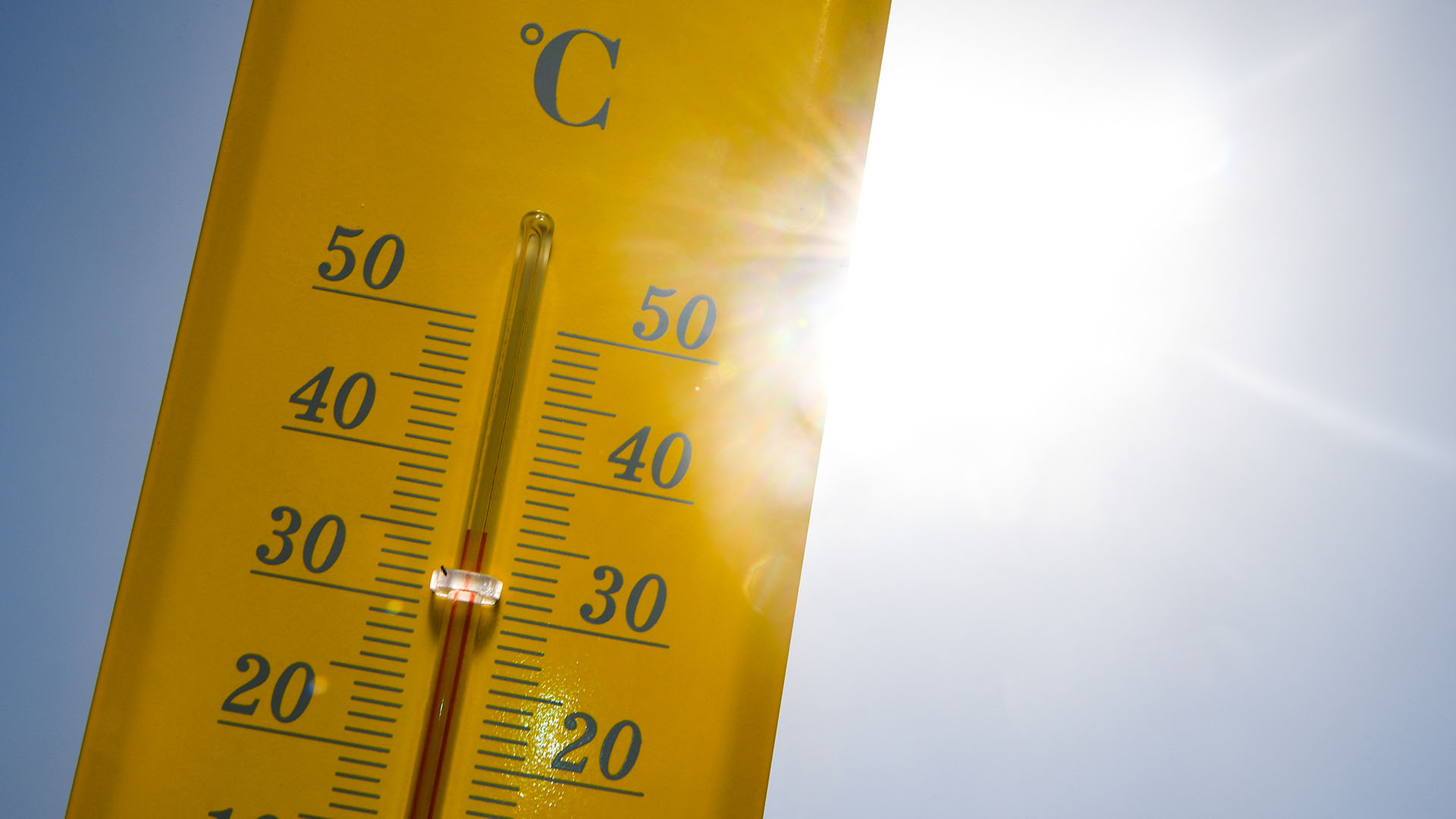A study by scientists from the University of Bristol, UK, has detected what were the most extreme heat waves in the history of the planet. As they explained, In addition to the event recorded during the month of June 2021 in Canada and the United States, three other phenomena have been identified which set records on their continents.
“The recent heat wave in Canada and the United States shocked the world. However, we show that there have been even greater extremes in recent decades. We also find that extreme heat events are likely to increase in magnitude over the next centuryat the same rate as the local average temperature,” said climatologist and study author Dr. Vikki Thompson.
In this sense, according to the analysis published in the journal scientific advances, There are other heat waves that probably “went almost unnoticed”, either because of their age or because they occurred in “less important” countries or regions.. They also predicted that as the temperature increases due to global warming, heat waves are expected to get hotter in the future.

“Climate change is one of the biggest global health issues of our timeand we have shown that many heat waves outside the developed world have gone largely unnoticed. The burden of heat on mortality at the national level can amount to thousands of deathsand countries experiencing temperatures outside their normal range are the most susceptible to these shocks,” said the University of Bristol climate science professor and co-author of the research, dan mitchell.
As the scientists noted in the article, in addition to the heat wave that was recorded in western North America, during the summer of this hemisphere, where the temperature broke records with a Canadian record of 49.6 ° C in Lytton, British Columbia on June 29, an increase of 4.6 ° C compared to to the previous peak; also 3 other events have been identified where the temperature exceeded the previous marks detected in their continents:
– April 1998, Southeast Asia: the temperature reached 32.8°C
– November 1985, in Brazil a maximum temperature of 36.5°C was detected
– July 1980, southern United States: the temperature reached 38.4°C

Dozens of international media covered, with near-daily updates, the unfolding of the heat wave identified in western North America, which has been described as the deadliest weather event of the history of Canada, since several deaths have been recorded. But that’s not all, there were also forest fires, which caused damage to the area’s infrastructure and crops.
“North America’s western heat wave will be remembered for its widespread devastation. However, the study shows several major weather extremes in recent decades, some of which have gone largely unnoticed probably because they happen in more disadvantaged countries,” said the member of the Cabot Institute for the Environment at the University of Bristol.

It is for this reason that he stressed the importance of “assess the severity of heat waves in terms of local temperature variability, as humans and the natural ecosystem will adapt to themso in regions where there is less variation, a smaller absolute extreme may have more damaging effects.”
On the other hand, given recent data on global warming, scientists have made climate model projections with the aim of anticipating what will be the trend in terms of heat waves that would occur during the rest of this century and They warned that the intensity of these phenomena will increase as global temperatures rise.
“Although higher local temperatures do not necessarily cause the greatest impacts, they are often linked. Improving understanding of climate extremes and where they have occurred can help prioritize measures to help combat this in the most vulnerable regions,” the document states.
KEEP READING:

“Travel aficionado. Twitter scholar. Writer. Extreme coffee guru. Evil pop culture fanatic.”
:quality(85)//cloudfront-us-east-1.images.arcpublishing.com/infobae/4RCH7QJM5BNB2YXPUHWGNRQAMI.jpg)